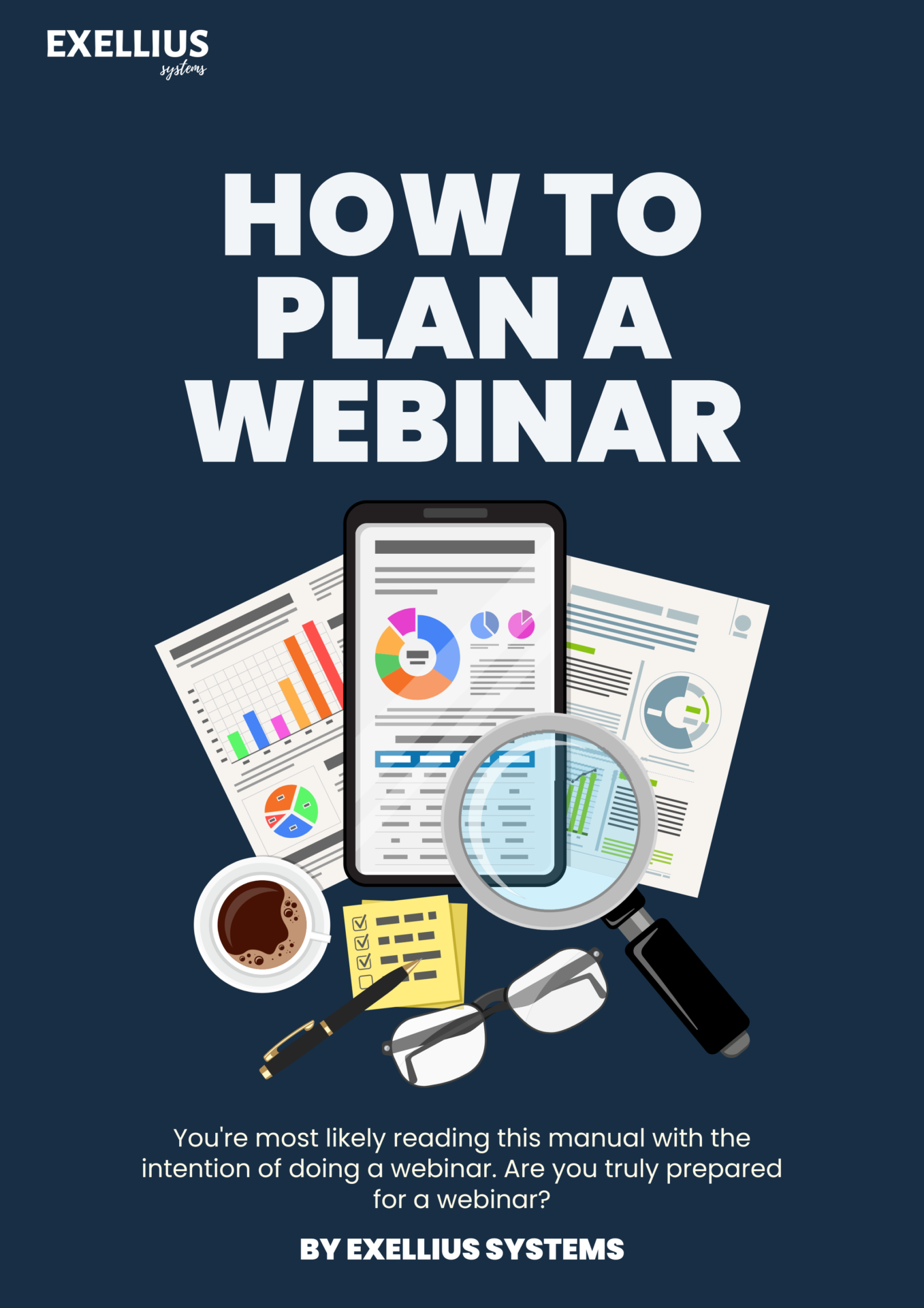
Inflation
Introduction:
Inflation, a significant economic indicator, affects individuals, businesses, and governments worldwide. As we step into 2023, it is crucial to analyze the inflation trends to comprehend their implications. This article will provide a detailed examination of the factors driving inflation, its impact on the economy, and strategies to navigate these trends successfully. Whether you are an investor, consumer, or business owner, understanding inflation is vital for making informed decisions. Let’s delve into the world of inflation and its analysis in 2023.
Analyzing Inflation Trends in 2023:
Inflation trends in 2023 are shaped by various factors, including supply chain disruptions, fiscal policies, global economic conditions, and consumer behavior. Analyzing these trends can help individuals and businesses prepare for potential challenges and identify opportunities. Here’s an in-depth analysis of inflation trends in 2023:
1. Factors Driving Inflation
Understanding the factors that contribute to inflation is crucial in analyzing the current trends. In 2023, several key drivers are influencing inflation rates, including:
- Supply Chain Disruptions: Supply chain disruptions caused by natural disasters, geopolitical tensions, or pandemics can lead to increased production costs, resulting in higher consumer prices.
- Fiscal Policies: Government fiscal policies, such as increased government spending or changes in taxation, can impact inflation rates by altering the money supply and overall demand in the economy.
- Global Economic Conditions: Economic conditions in other countries, particularly major trading partners, can affect inflation through changes in exchange rates, commodity prices, or import costs.
- Consumer Behavior: Consumer behavior plays a significant role in shaping inflation trends. Changes in spending patterns, savings rates, and inflation expectations can influence the overall demand and supply dynamics.
2. Impact of Inflation on the Economy
Inflation can have both positive and negative impacts on the economy. Understanding these effects is essential for individuals and businesses to navigate the changing landscape. Here are the key impacts of inflation in the economy:
- Purchasing Power: Inflation erodes the purchasing power of money. As prices rise, individuals can buy fewer goods and services with the same amount of money, leading to a decrease in their real income.
- Interest Rates: Inflation influences interest rates set by central banks. Higher inflation rates often lead to higher borrowing costs, affecting businesses and individuals who rely on loans and mortgages.
- Savings and Investments: Inflation can diminish the value of savings over time. Individuals need to consider inflation when making investment decisions to ensure their returns outpace inflation.
- Business Costs: Inflation can increase the cost of production for businesses, affecting their profitability and pricing strategies. Companies may pass on these increased costs to consumers, leading to higher prices for goods and services.
- Income Redistribution: Inflation can impact income distribution, with some groups being more vulnerable than others. It is essential to consider the effects of inflation on different socio-economic segments.
3. Strategies to Navigate Inflation Trends
To mitigate the impact of inflation and take advantage of potential opportunities, individuals and businesses can adopt various strategies. Here are some effective approaches to navigate inflation trends in 2023:
- Diversify Investments: Diversification is a key strategy to reduce risk and protect wealth during inflationary periods. Investing in a mix of assets, including stocks, bonds, real estate, and commodities, can help mitigate the effects of inflation.
- Monitor and Adjust Prices: Businesses should regularly monitor their costs and adjust prices to reflect changes in inflation. It is crucial to strike a balance between maintaining profitability and remaining competitive in the market.
- Consider Inflation-Protected Securities: Investing in inflation-protected securities, such as Treasury Inflation-Protected Securities (TIPS), can provide a hedge against inflation. These securities adjust their value based on changes in the Consumer Price Index (CPI).
- Evaluate Debt Structure: Individuals and businesses should assess their debt structure and consider fixed-rate loans or inflation-indexed bonds to protect against rising interest rates.
- Stay Informed: Keeping abreast of economic news, central bank announcements, and global market conditions can help individuals and businesses make timely and informed decisions.
- Optimize Cost Management: Implementing efficient cost management practices, such as streamlining operations, negotiating better supplier contracts, and reducing waste, can help offset inflationary pressures.
FAQs about Analyzing Inflation Trends in 2023:
Q1: How is inflation measured? Inflation is commonly measured using the Consumer Price Index (CPI), which tracks changes in the prices of a basket of goods and services over time.
Q2: What is the role of central banks in managing inflation? Central banks play a crucial role in managing inflation through monetary policy. They adjust interest rates and regulate the money supply to influence inflation rates.
Q3: How can individuals protect their savings during inflation? Individuals can protect their savings during inflation by investing in assets that provide a hedge against inflation, such as stocks, real estate, and inflation-protected securities.
Q4: What are the potential risks of deflation during inflationary periods? Deflation, a decrease in the general price level, can be a potential risk during inflationary periods. It can lead to reduced consumer spending, lower business profits, and economic stagnation.
Q5: How does inflation impact the housing market? Inflation can impact the housing market by increasing mortgage rates and home prices. Higher inflation rates often lead to higher borrowing costs, making housing less affordable for buyers.
Q6: Are there any sectors or industries that benefit from inflation? Certain sectors and industries, such as commodities, energy, and healthcare, often benefit from inflation. These sectors may experience increased demand or see higher prices for their products or services.
Conclusion:
Analyzing inflation trends in 2023 is crucial for individuals and businesses seeking to make informed decisions. By understanding the factors driving inflation, the impact on the economy, and implementing appropriate strategies, one can navigate the challenges and potentially capitalize on opportunities. Stay informed, diversify investments, and monitor price adjustments to adapt to changing inflationary conditions. By doing so, you can position yourself for financial stability and success in an inflationary environment.
For more tech content like this Visit:
IT and Tech: Info Tech Online
BANKING, ACCOUNTING, INSURANCE AND FINANCIAL SERVICES: Finance Tech Online
HEALTHCARE AND PHARMACEUTICALS: HealthCare Tech Online
TRANSPORTATION AND LOGISTICS: Transport Tech Online
ENTERTAINMENT, TRAVEL AND HOSPITALITY: Entertainment Tech Online
MARKETING, ADVERTISING AND PUBLIC RELATIONS: Channel Tech Online
HUMAN RESOURCES COMPENSATION AND BENEFITS: Human Resources Tech Online
MECHANICAL AND CIVIL ENGINEERING: Engineering Tech Online
MANUFACTURING AND CONSTRUCTION: Manufacturing Tech Online
NON-PROFIT AND NON-GOVERNMENT ORGANIZATIONS: Non Profit Tech Online
Want to promote your content?
Visit: Exellius Systems or Media Martech






